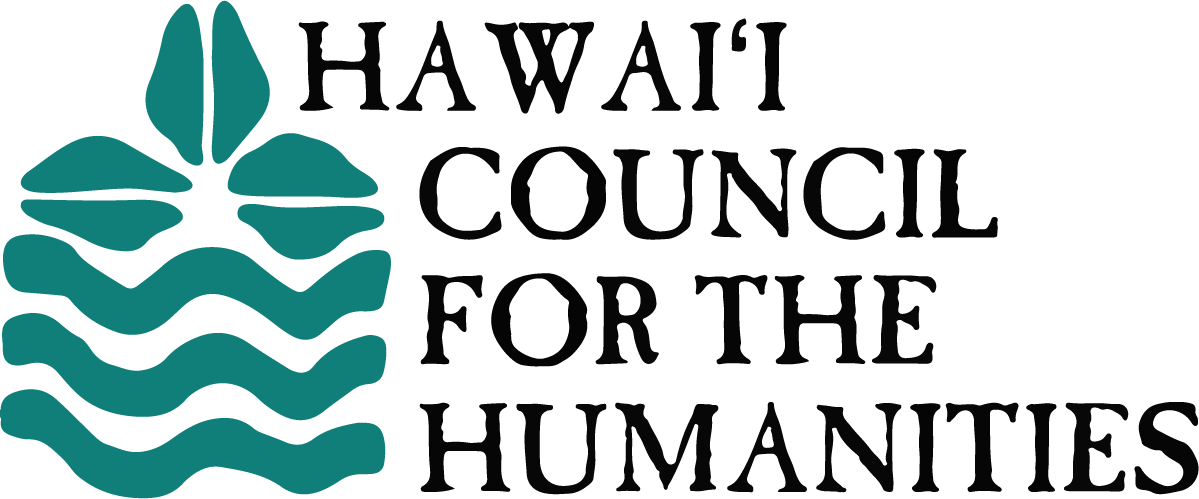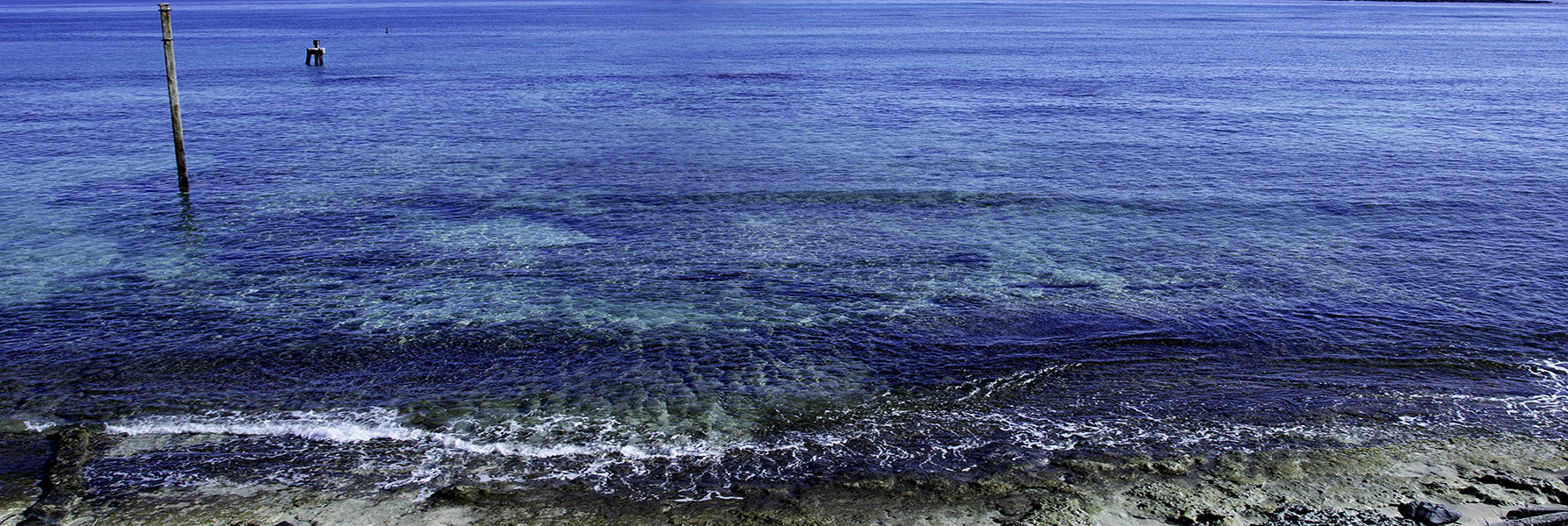Public Humanities Grants (up to $10,000)
This is our broadest ranging grant, and we hope this invites creative approaches to public humanities programming. We actively welcome exciting and engaging programs seeking to promote deep thinking, conversation, and connection on issues that impact our communities in Hawaiʻi.
Grant Application Deadline
Grants on Temporary Pause
(updated March 10, 2025)
Our Grants Program will not be accepting applications this spring. We will be spending time reviewing our program and aligning it with community needs and our organization’s new strategic plan. We will be seeking community input during this process. Please stay in touch by signing up for our e-news (top of this page) and following us on social media @hihumanities. For more information, you can always contact:
Stacy Hoshino, Director of Community Grants
(808) 469-4551
shoshino@hihumanities.org
What Makes for Strong Public Humanities Programs
A strong public humanities project has humanities leadership who helps to shape, deepen, and evaluate the community program. This could be a scholar or archivist or librarian in a humanities field, or a recognized cultural consultant/practitioner. Having humanities leadership on your project by someone recognized among their peers and community will make your grant application more competitive.
A strong public humanities program benefits from a strong outreach and engagement plan and collaboration with community partners. Working closely with community partners will make your application more competitive.
We think of a humanities method as one that reaches for questions more than answers, and helps us think and wonder and explore together. Here are a few humanities questions that inspire our program work at Hawaiʻi Council for the Humanities:
- What do we value, what do we care about, and why do we do what we do—what does it mean to be human?
- How do we become better listeners, more open to and curious about multiple viewpoints?
- What does it mean to be grounded in Hawaiʻi’s peoples, stories, and places?
- What is our kuleana to our communities’ histories and their futures?
- How do we dive more courageously into important questions and ideas?
- How can we create space for more diverse voices and experiences?
- How can we connect in ways that strengthen our communities’ resilience and ability to change?
A portion of your humanities program must be open to the general public.
Humanities Leadership (REQUIRED)
A strong humanities project should include project personnel that provides guidance, rigor, and analysis, to develop a public program with depth, context, and complexity (i.e., multiple perspectives, connection to larger history, etc.). The Project Director can also be the Humanities Leadership. At least one Humanities Leadership name and a letter of commitment explaining their support, role, and commitment is required.
Projects and Formats Eligible for a Public Humanities Grant
We encourage originality and imagination in your public program plans. Please note that while grant funds can be used to help create a resource (ex. book project, documentary film, curriculum, oral history project, exhibition, etc.), a good portion of the grant should be used for humanities informed programs open to the general public that broaden perspectives, enrich lives and strengthen communities.
Examples of Activities and Formats Include:
- Organizing a panel and facilitated community discussion about challenging and relevant issues;
- Developing thought-provoking community engagement for exhibitions, publications, films, or performances
- Creating humanities guides or essays or other materials to complement a program and that provide access to expertise and deeper questions on the issue;
- Creating and launching media—film, podcasts, sound recordings, and online media;
- Designing a collaboration between humanities and science communities that helps to more deeply explore a challenging and relevant issue
- Community meetings, workshops, symposia, and similar gatherings for non-academic audiences;
- Creating an interpretive exhibit that helps us dive more deeply into historical and contemporary issues
- Developing a guided tour of a historic site
- Developing a historical theater performance
- Research in the humanities and presentation of results to the community;
- For more examples, you can see a few of our past grantee projects HERE.
Examples of Programs NOT ELIGIBLE for Grants Funding
- Projects characterized by political or religious advocacy or bias (e.g., political campaigning, advocacy events that promote a single point-of-view, lobbying, etc.)
- Direct service providing (e.g., social, psychological legal, or health services, training or counseling programs)
- Fellowships or scholarships
- Academic or professional conferences for a non-public audience
- College courses and seminars
- Building, restoration and preservation capital projects
- Purchase of land or capital equipment
- Operational support and clearinghouse activities
- Fundraisers or events for profit
- Art activities or performances when these are ends in themselves, without examination of their social, historical, or aesthetic context
- Social and human service programs
Additional Applications Requirements
Organization’s Unique Entity Identifier (UEI) and System for Award Management (SAM)
Because our grants are federal in origin, your organization is required to be registered in the U.S. government’s System for Award Management (SAM). Your registration, which is renewed annually, must be currently active at the time of your application. The process for entity registrations includes getting the Unique Entity ID, and requires assertions, representations and certifications, and other information about your organization. You will know you have been fully registered when you receive a CAGE Code.
Your UEI registration must be open for public searches. As part of the application review process, we will search and access your organization’s information to confirm the registration status. If we cannot access your UEI (SAM) your application may be disqualified.
Your organization (or grant applying entity) may already be registered in the SAM system and have a UEI. Your executive administrators should know about your organization’s SAM account and its current registration status, so be sure to check with them.
More Information click HERE.
To Apply
It is highly recommended that you contact Stacy Hoshino, director of Community Grants, to consult with about your project at shoshino@hihumanities.org or (808) 469-4551.
Submitting a Letter of Inquiry through the grant application portal (REQUIRED)
Our grants application process is competitive. To learn more about our Grants Program, the requirements, and your eligibility, please refer to our FAQs webpage.
The Letter of Inquiry (LOI) is your first opportunity to tell us about your project idea. It is also the first step to help you determine whether organization meets the application requirements and if your project is:
- Humanities focused;
- Appropriate to the grant line you are applying to.
Note:
- Your LOI should be submitted through our grants application portal no later than three-weeks before the grant deadline. After this time, we cannot guarantee timely feedback on your LOI.
- After submitting your LOI, we will contact you within 48 hours to discuss your project. If no further information is required, you will be notified by email the application is now open.
- After your LOI is approved and If you want to have us review your application draft, please contact the grants director no later than two weeks before the application deadline. We cannot guarantee a review beyond two weeks before the deadline.
*Incomplete or inaccurate information may disqualify your application from the review process.
CLICK HERE to begin the application process and start the application. We encourage all applicants to visit Some of Our Fabulous Grantees section to gain a broader perspective on the type and range of grants made in recent years.

